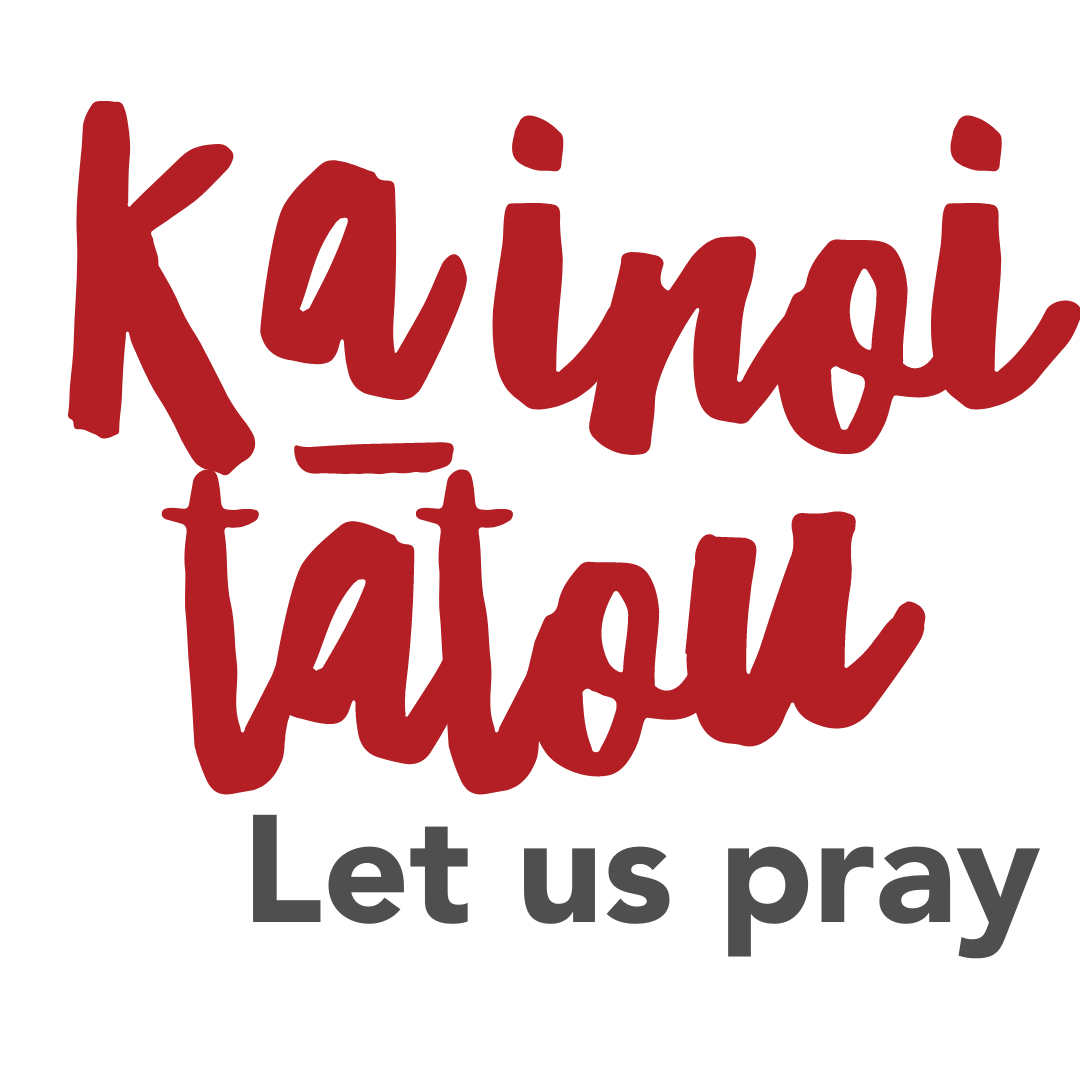Mission to Seafarers gain win for crew welfare
The Government has increased their support for vulnerable seafarers visiting New Zealand ports, and this policy win is in part due to the advocacy of organisations like the Mission to Seafarers, led by our own Rev. Lance Lukin.
Last year, Lance told us of the exploitation faced by seafarers around the world, including on ships that visit New Zealand ports. Conditions aboard are akin to slavery from a bygone era, with the crew kept onboard for months without contact with families, with their passports removed from them and sometimes beyond the end of their contracts. In 2011, 32 Indonesian seafarers fled a ship docked in Lyttelton and refused to re-embark due to the inhumane conditions they faced.
Workers from the Mission to Seafarers provide Wi-fi access so crew can contact families, and other pastoral care services. But COVID-19 restricted such services, with only the Lyttelton and Wellington port ministries remaining active.
Following advocacy from the Mission to Seafarers and other similar organisations, Government announced temporary funding for better pastoral care, and this has now turned into permanent funding for the Seafarers' Welfare Board, which is chaired by the Mission to Seafarers. The Minister for Transport Hon Michael Wood announced the funding on the 9th of March: "Border and health restrictions often mean crews are out at sea for months on end with limited ability to contact their families. The Seafarers’ Welfare Board provides support and services to seafarers who are vital to maintaining New Zealand’s global trade lines. The Seafarers Welfare Board currently relies on donations to coordinate facilities at our ten main ports. By giving them long-term funding certainty, we will meet our international commitments and ensure that services to support seafarers’ wellbeing continue to be provided,” Michael Wood said.
"This funding means we can expand our frontline delivery across all ports, employing well-trained and capable ship visitors," Lance tells us. "It means we can provide free wi-fi to all ships entering ports, and can do contactless shopping for all seafarers." Having more ship visitors means more eyes and ears are available to listen to the stories of those who work at sea, and provide support when needed. But there is still work to be done. "Our centre in Wellington ha been inaccessible since the beginning of COVID-19," Lance says, and despite talks with the port company and regional council, a solution is yet to be found. Lance also tells us that many seafarers cannot get home to participate in their country's COVID-19 vaccination programmes, so the organisation is advocating that our Government follow the lead of Cyprus, and vaccinate all seafarers visiting our shores.
Let's pray for the continued work of the Mission to Seafarers - that they be Jesus Christ's eyes and ears as they board ships visiting our ports. Pray also for access issues at the Wellington Seafarers Centre to be resolved, and that our Government would make COVID-19 vaccinations available to visiting seafarers.
The Mission to Seafarers is one of the organisations represented at the Take the Next Step anti-trafficking conference, being held at Parliament this week and co-organised by our diocese. Let's pray that God would grant wisdom to our leaders across all sectors of society to make bold decisions to end slavery and exploitation.




